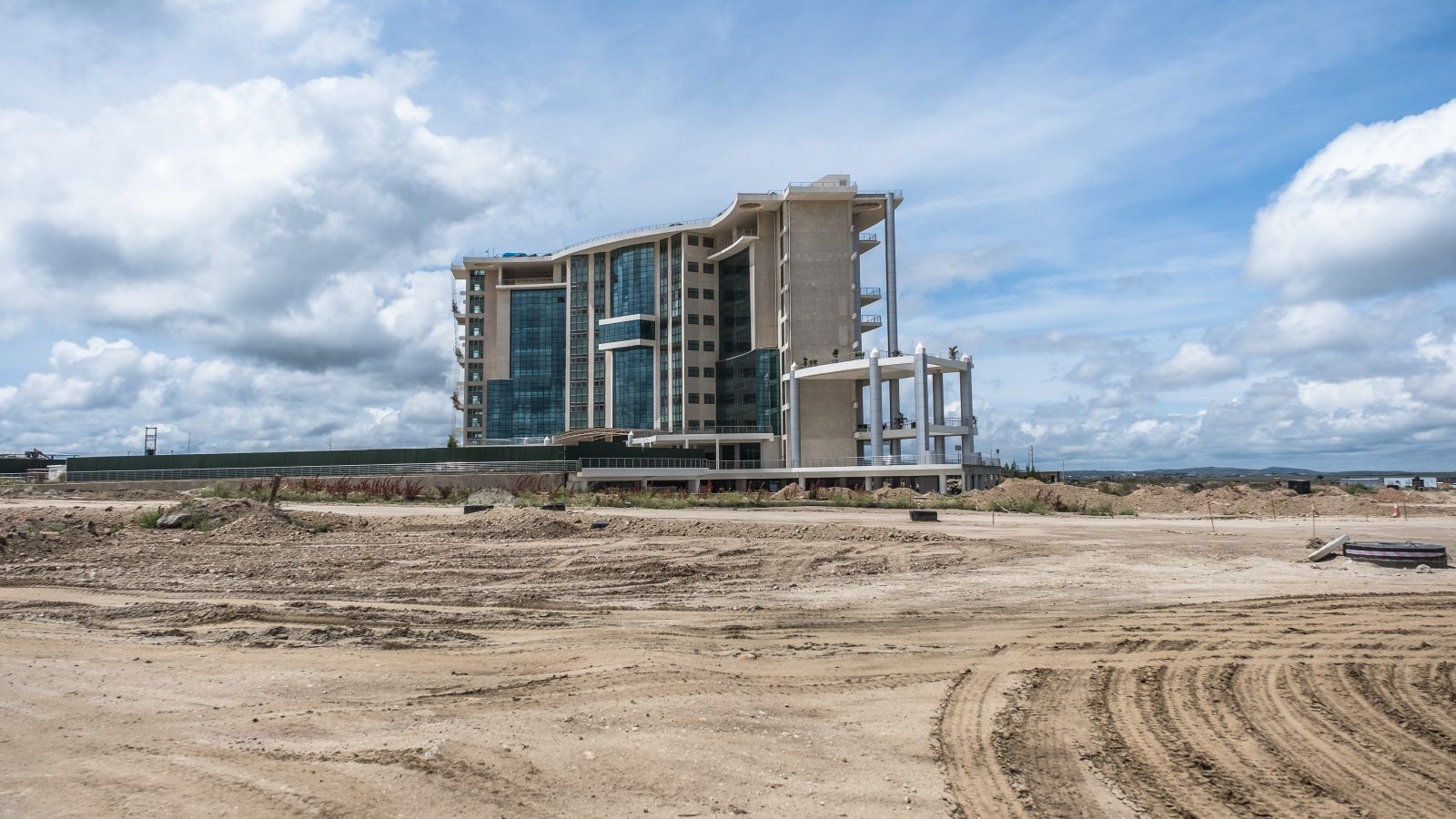The Reality of Kenya's Konza City Development
Core Concepts
The author highlights the failed promises and challenges faced by Kenya's Konza City development, emphasizing the gap between initial ambitions and current realities.
Abstract
Konza City in Kenya was envisioned as a groundbreaking smart city project promising economic growth, innovation, and global tech partnerships. However, over 13 years since its inception, the reality falls short of expectations. Legal and logistical hurdles delayed progress significantly, leading to skepticism about job creation claims and overall feasibility. The project aimed to attract multinational tech companies but struggled with implementation issues and lack of public engagement. Despite efforts to revive interest recently, doubts persist about Konza's future success amidst changing government priorities and financial constraints. The case of Konza reflects broader challenges in smart city initiatives globally, highlighting the complexities of translating ambitious visions into tangible outcomes.
Kenya’s first smart city promised everything. 13 years on, it’s still a construction site
Stats
By 2020, Konza City was projected to create 100,000 jobs.
The first phase of the city is expected to be completed by 2030, generating 20,000 jobs.
For the 2021/22 financial year, Konza City has been allocated $168 million.
Quotes
"The drive to make cities smarter is not just about what governments do. It’s also about creating environments where different players can bring innovation to bear on public issues."
"We need to teach Kenyans how to innovate." - Bitange Ndemo
Key Insights Distilled From
by Carey Baraka at restofworld.org 06-01-2021
https://restofworld.org/2021/the-failed-promise-of-kenyas-smart-city/
Deeper Inquiries
What role do global management consultancies like McKinsey play in shaping smart city projects in developing countries?
Global management consultancies like McKinsey play a significant role in shaping smart city projects in developing countries by providing expertise, strategic planning, and visioning for these ambitious urban development initiatives. They often work closely with governments to conceptualize and design the framework of smart cities, leveraging their experience and knowledge from similar projects worldwide. These consultancies help identify key areas for technological integration, infrastructure development, and public-private partnerships essential for the success of smart cities. Additionally, they assist in attracting foreign investment by showcasing the potential economic benefits and growth opportunities associated with these projects.
How can smart cities balance technological advancements with addressing fundamental socioeconomic challenges?
Smart cities can balance technological advancements with addressing fundamental socioeconomic challenges by adopting a holistic approach that prioritizes inclusivity, sustainability, and community engagement. It is crucial to ensure that technology serves as a tool to enhance quality of life for all residents rather than exacerbating existing inequalities. This can be achieved through targeted policies focused on affordable housing, accessible healthcare services, quality education opportunities, and job creation within the local community.
Furthermore, involving stakeholders from diverse backgrounds in the decision-making process ensures that the needs of marginalized groups are considered when implementing technology-driven solutions. By fostering collaboration between government agencies, private sector partners, civil society organizations, and residents themselves, smart cities can develop innovative strategies that promote social equity while harnessing the power of technology for overall urban development.
In what ways can local communities be more actively involved in shaping the development of smart cities?
Local communities can be more actively involved in shaping the development of smart cities through participatory planning processes that prioritize transparency, accountability,
and inclusivity. Engaging residents at every stage of decision-making – from project inception to implementation – allows them to voice their concerns,
provide valuable insights into their unique needs,
and contribute ideas for sustainable urban development.
This involvement could take various forms such as town hall meetings,
community workshops,
online surveys,
or citizen advisory boards dedicated to specific aspects
of smart city initiatives.
Additionally,
educational programs aimed at increasing digital literacy
and awareness about emerging technologies empower residents
to effectively engage with
and benefit from
smart city developments.
By fostering a sense of ownership among local communities,
smart cities can cultivate a shared vision
that reflects diverse perspectives
and ultimately leads to more inclusive
and responsive urban environments.
0
